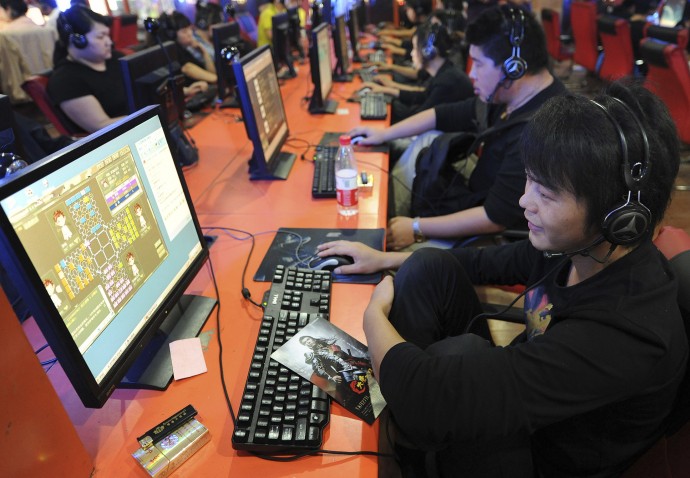The Internet will run out of numerical addresses from feb 4…

Engineers have known for years that the pool of these IP addresses would one day run out.
Websites and service providers have been experimenting with a new technology that allows for many more addresses – an infinite number, for all practical purposes.
But many have been slow to do so because of a lack of immediate benefits. The exhaustion of IP addresses at the top level puts pressure on them to move more quickly.
Mr Curran said only about 2 per cent of websites support it the new Internet Protocol version 6.
However, many of those are the most-visited sites on the Internet, including Google and Facebook. He expects smaller sites to scramble for IPv6 addresses now.
As Internet service providers run out of IPv4 addresses, they’ll have to give subscribers IPv6 addresses. The challenge lies in connecting them to websites that have only IPv4 addresses.
In essence, IPv4 and IPv6 are different ‘languages.’ Several ‘translation’ technologies are available, but they haven’t been tested on a large scale, Curran said. That could lead to problems reaching some websites, or slow surfing.
Read more: http://www.dailymail.co.uk/sciencetech/article-1352879/The-Internet-run-numerical-addresses-24-hours.html#ixzz1CsgUQVKi
